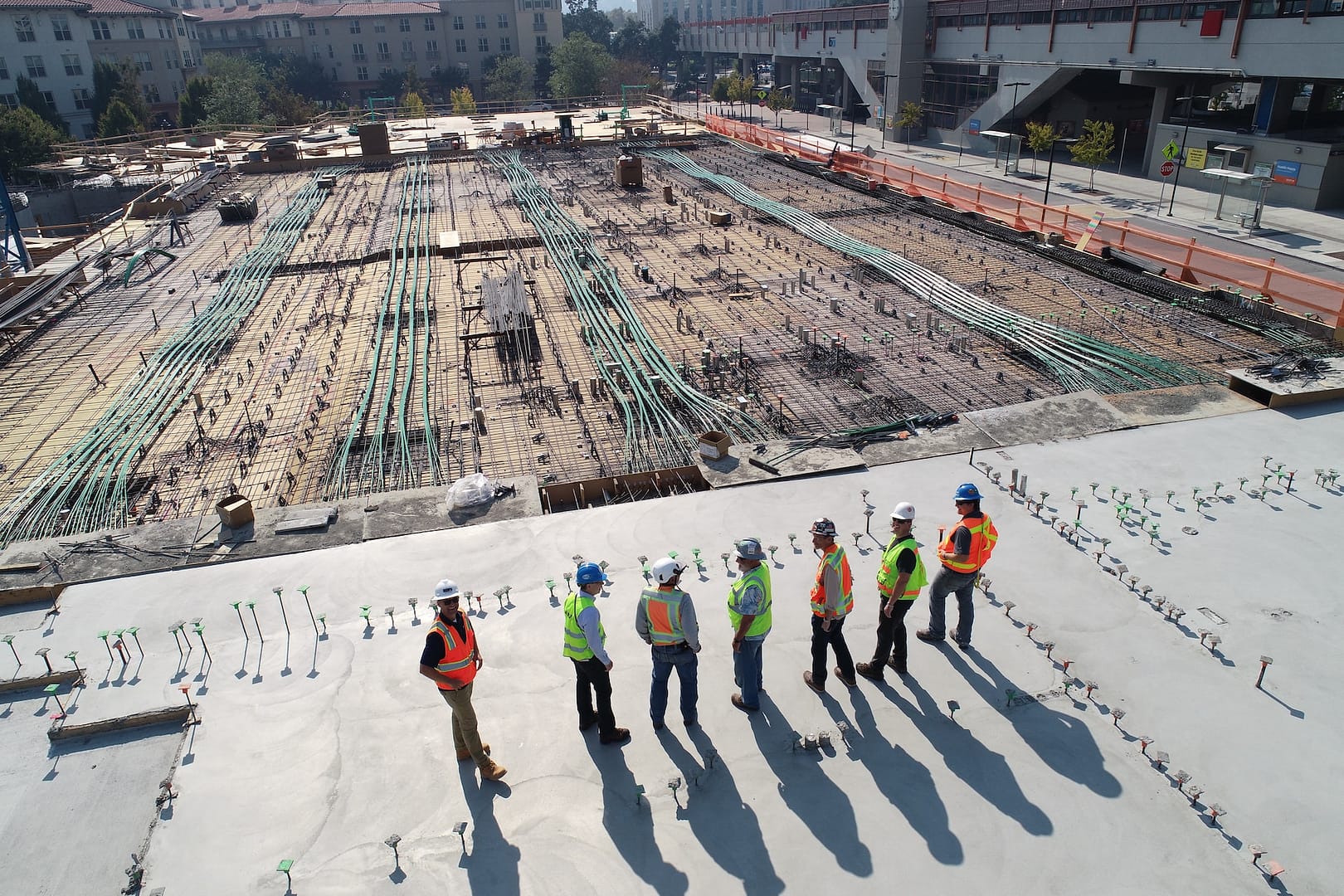Workplace accidents can happen to anyone, anywhere. Whether you’re on a construction site, in an office, or working remotely, the risk of injury due to poor infrastructure is real. Fortunately, there are practical steps you can take to stay safe and protect yourself. Plus, if the worst happens, knowing how to file a claim can secure the compensation you deserve. In this article, we’ll explore simple safety tips, explain the claims process, and answer common questions—all in plain British English to keep things clear and engaging.
Why Infrastructure Matters in Workplace Safety
First off, what do we mean by “infrastructure”? It’s the physical stuff around you at work—think floors, stairs, lighting, machinery, or even electrical wiring. When these things aren’t maintained, they become hazards. According to the Health and Safety Executive (HSE), over 565,000 workers in Great Britain suffered non-fatal injuries in 2023/24 (source: gov.uk – Health and Safety Statistics). Many of these were linked to poor infrastructure, like slippery floors or broken equipment.
So, how can you avoid becoming part of that statistic? Let’s look at some easy-to-follow safety tips.
Top Infrastructure Safety Tips
1. Check Your Surroundings
Before starting your shift, take a quick look around. Are there loose cables on the floor? Is the lighting dim? Spotting risks early can stop accidents before they happen. For example, a wobbly handrail might not seem like a big deal—until someone falls.
2. Report Problems Fast
If you notice something dodgy—like a cracked step or a flickering light—tell your employer straight away. Under the Health and Safety at Work Act 1974, they’re legally required to keep your workplace safe (source: gov.uk – Health and Safety at Work). Reporting issues isn’t moaning; it’s protecting yourself and your mates.
3. Use the Right Gear
Personal protective equipment (PPE) isn’t optional. Hard hats, safety boots, or gloves can make all the difference. The HSE says employers must provide PPE free of charge if your job needs it—so don’t be shy about asking.
4. Stick to Training
Been shown how to use a machine or climb a ladder safely? Follow that advice. Skipping steps might save time now, but it could cost you dearly later. Training exists for a reason—use it.
5. Keep It Tidy
Cluttered workspaces are accident magnets. Spilled coffee, scattered tools, or blocked exits can trip you up—literally. A quick tidy-up can prevent a nasty fall.
By following these tips, you’re already reducing your risk. But what if an accident still happens? That’s where knowing how to file a claim comes in handy.
How to File a Work Accident Claim
If you’re injured because of dodgy infrastructure—like slipping on an unmarked wet floor—don’t panic. You might be entitled to compensation. Here’s how to get started, step by step.
Step 1: Report the Accident
Tell your boss as soon as possible and make sure it’s recorded in the workplace accident book. This log is your first bit of proof. If it’s a serious injury, your employer must report it to the HSE under RIDDOR regulations (source: gov.uk – RIDDOR).
Step 2: See a Doctor
Get your injury checked out, even if it feels minor. A medical report links your injury to the accident—key evidence for your claim. Keep all records, like appointment slips or prescriptions.
Step 3: Gather Evidence
Snap photos of the hazard (e.g., a broken stair) and note down what happened. If colleagues saw it, ask them to write a quick statement. The more proof, the stronger your case.
Step 4: Get Legal Help
This is where National Claims can step in. They’ll connect you with experienced solicitors who specialise in workplace accident claims. These experts will guide you, often on a no-win, no-fee basis—meaning no upfront costs. Contact National Claims today to kick things off.
Step 5: File Within 3 Years
You’ve got three years from the accident date to start your claim, per the Limitation Act 1980. Don’t dawdle—time flies, and evidence fades.
With National Claims by your side, you’ll have pros handling the tricky bits, so you can focus on recovering.
How Much Compensation Can You Claim?
Now, the big question: how much could you get? Compensation depends on your injury and its impact. Here’s a rough guide based on Judicial College Guidelines:
- Minor Injuries (e.g., cuts or bruises healing in weeks): £1,000 – £2,500
- Moderate Injuries (e.g., a sprained ankle needing months off): £5,000 – £15,000
- Serious Injuries (e.g., a broken leg affecting work long-term): £20,000 – £50,000+
- Life-Changing Injuries (e.g., spinal damage): £100,000+
You can also claim for “special damages”—things like lost wages, travel to doctor’s appointments, or rehab costs. National Claims’ solicitors will crunch the numbers to ensure you get what’s fair.
Why Claiming Matters
Beyond the cash, filing a claim holds employers accountable. A recent BBC News story reported a man’s death in a workplace accident due to a collapsing wall, highlighting how serious infrastructure failures can be (source: BBC News – Workplace Accident). Your claim could push for better safety, saving others from harm.
Plus, it’s your right. If someone’s negligence hurt you, you shouldn’t suffer in silence. National Claims will help you fight for justice.
Frequently Asked Questions About Workplace Accidents Claims
1. What counts as a workplace accident?
Any injury caused by your job or workplace—like a fall, machinery mishap, or even stress from unsafe conditions—can qualify.
2. Can I claim if it was partly my fault?
Yes, sometimes. If your employer was mostly to blame (e.g., ignoring a known hazard), you might still get compensation, just reduced.
3. Will claiming get me sacked?
No. The Employment Rights Act 1996 protects you from unfair dismissal for making a claim (source: gov.uk – Employment Rights).
4. How long does a claim take?
It varies—minor cases might settle in months, while complex ones could take a year or more. Your solicitor will keep you updated.
5. What if my employer denies it?
That’s why evidence matters. National Claims’ solicitors will build a solid case to challenge denials.
Wrapping Up
Workplace accidents don’t have to be a fact of life. By staying vigilant and following simple safety tips, you can cut your risks. But if faulty infrastructure lands you in trouble, don’t hesitate to claim what’s yours. National Claims will put you in touch with experienced solicitors who’ll fight your corner, ensuring you get the compensation you deserve.
Ready to take action? Reach out to National Claims today—because your safety, and your rights, matter.
Making an Accident at Work Claim with National Claims
As a leading claims management company in the UK, National Claims understands the gravity of workplace accidents, particularly in the context of ageing infrastructure. We are dedicated to helping individuals who have suffered injuries due to such accidents seek the compensation they rightfully deserve whilst walking you through the claims process.
How We Can Assist You
Free Initial Consultation: At National Claims, we offer a free initial consultation to understand the specifics of your case. Our team of experienced claims specialists will assess the details of your workplace accident, including the extent of your injuries and the circumstances leading up to the incident.
No Win, No Fee: National Claims operates on a “No Win, No Fee” basis, meaning that you won’t incur any legal fees unless your claim is successful. This approach ensures that you can pursue justice without financial burdens.
*Customers pay up to 25% (incl. VAT) of the amount recovered towards solicitor costs and if you cancel outside your cooling off period, you may be charged a fee.
Receive a Call About Your Claim
Your Rights as an Employee
It is essential to understand your rights as an employee when making an accident at work claim. In the UK, employers are legally obligated to provide a safe and secure work environment for their employees. If an accident occurs due to the employer’s negligence, lack of maintenance, or inadequate safety measures, you have the right to seek compensation.
Seeking Justice for Workplace Accidents
Workplace accidents in ageing infrastructure can have long-lasting physical, emotional, and financial repercussions. National Claims is committed to helping you seek justice and compensation for:
- Medical expenses
- Lost income
- Pain and suffering
- Rehabilitation and therapy costs
- Future medical and care needs
Our goal is to alleviate the burden on accident victims and ensure they receive the support they need to recover and rebuild their lives.
Conclusion
Ageing infrastructure and workplace accidents are pressing issues that demand attention and proactive measures to safeguard the workforce. The consequences of neglecting these hazards can be dire, resulting in injuries, financial burdens, and emotional distress. However, with diligent precautions and responsible maintenance, we can create safer environments for all.
Contact us today to speak to one of our claims agents who will be able to help you get started on your claim.
Click below to see why we are one of the most trusted claims management companies in the UK.

We’re proud of our excellent customer reviews
We thrive on delivering exceptional service and ensuring our clients’ satisfaction. Don’t just take our word for it. Check out some of our independent reviews to see what our clients have to say.
Excellent

This firm is excellent, they sorted out my car pay out and injury claim very fast, they always communicate with you all the time.

My accident case was dealt with confidence and with great result of the outcome, especially James kept me informed all the time.

I was very impressed at the way my inquiry was treated. I was listened to attentively and everything I needed to know was explained to me.






